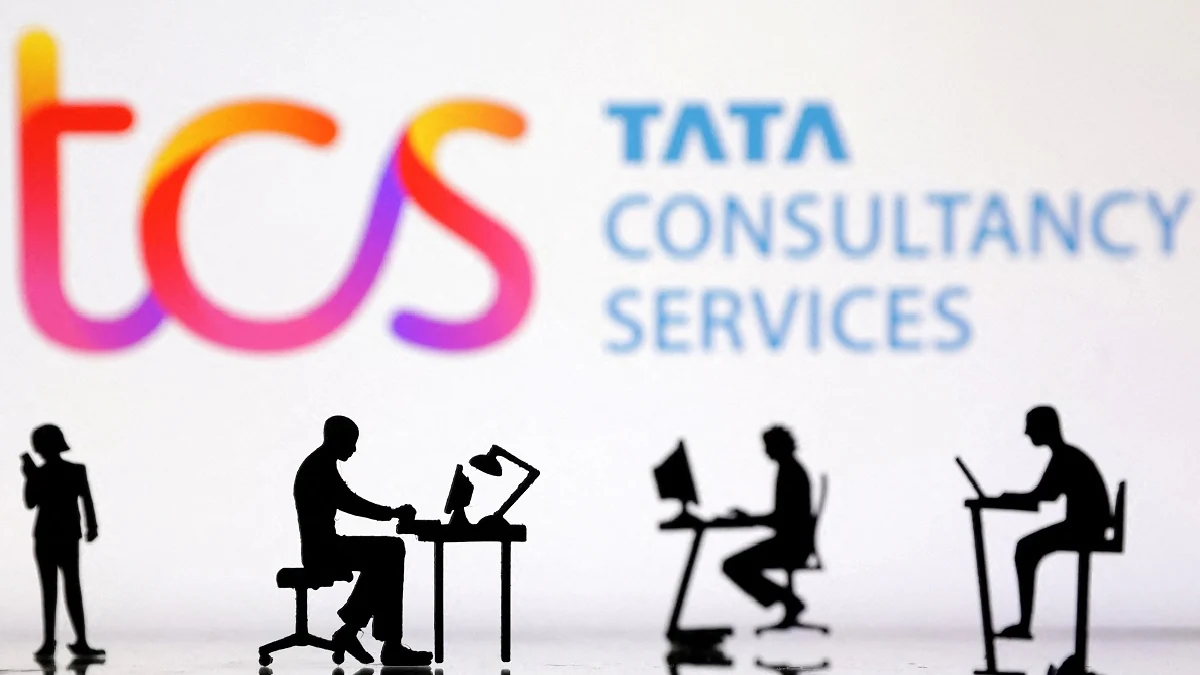
TCS Faces Backlash Over Employee Transfers Amid Economic Slowdown in Indian IT Sector Tata Consultancy Services (TCS), one of India’s leading IT firms, is under scrutiny as it allegedly requires employees to self-fund travel and accommodation for transfers, leading to resistance from over 1,500 employees. The controversy has sparked concerns over the company’s handling of employee welfare and has raised questions about the necessity of such measures.
Employees who resist transfers claim to face repercussions, adding a layer of tension to the situation. TCS, however, asserts that these transfers are essential for meeting project requirements and denies any intention of laying off staff. The company emphasizes the dynamic nature of the IT industry, where mobility is often a crucial component for skill development and project execution.
The controversy comes at a time when the IT sector in India is grappling with the end of work-from-home practices and a challenging macroeconomic environment. This has particularly impacted freshers as IT firms, including TCS, slow down campus recruitment initiatives. The shift away from remote work, coupled with economic challenges, has prompted companies to reassess their hiring strategies.
The broader IT sector is experiencing a notable slowdown in recruitment, with major firms anticipating a significant 40% decrease in hiring for the current fiscal year. The economic challenges, coupled with uncertainties in the global business landscape, have led companies to adopt a more cautious approach to recruitment.
This slowdown in hiring not only affects job prospects for fresh graduates but also adds to the complexities faced by existing employees, especially those resisting transfers within companies like TCS. The push for cost-saving measures amid economic uncertainties appears to be impacting various facets of employment within the IT sector.
As the situation unfolds, stakeholders, including employees, industry analysts, and TCS management, will closely watch how the company addresses the concerns raised by its workforce. The outcome of this controversy may also shed light on the broader challenges faced by the Indian IT sector as it navigates a period of economic slowdown and reassesses its approach to workforce management in a post-pandemic landscape.






